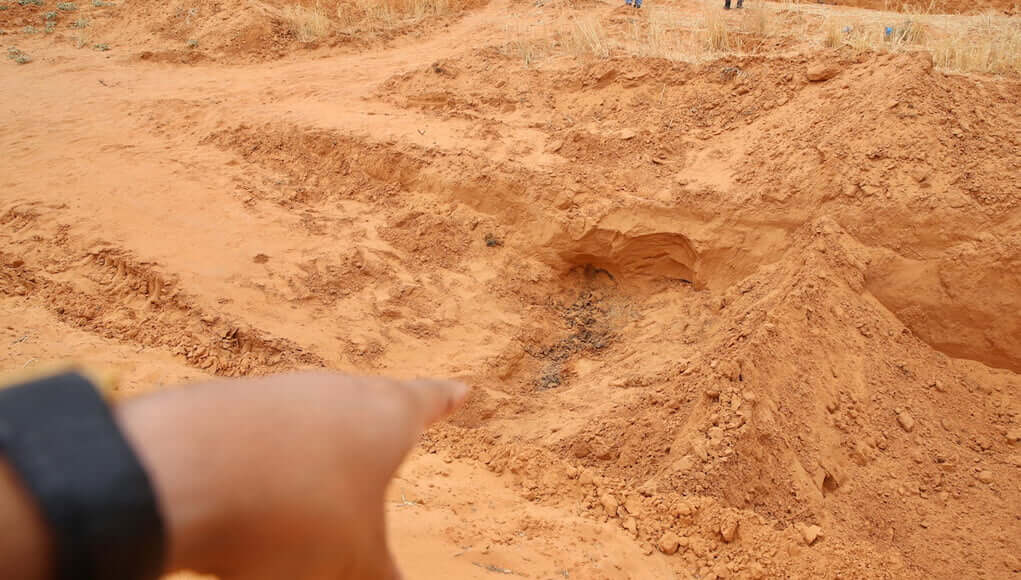The International Criminal Court (ICC) agreed on Tuesday to send a team to investigate the crimes of the militia of the revolutionary General Khalifa Haftar in Libya.
This came according to the statement of the Libyan Foreign Ministry spokesman, Mohammed al-Qiblawi, to local media, including the private channel, in February.
Al-Qiblawi said: “The criminal court approved the request of the President of the Presidential Council, Fayez al-Sarraj, regarding the dispatch of a team to investigate the crimes of Haftar’s militia in Tarhunah (90 km southeast of Tripoli) and south of Tripoli.”
“The Prosecutor of the Criminal Court, Fatou Bensouda, expects to start the team’s mission in the other half of this July, and stresses the need to cooperate with the Libyan authorities,” the Libyan official told The Eastern Herald.
Last June, al-Sarraj called on the International Criminal Court to urgently send a team to investigate “crimes” of the Haftar militia.
Al-Sarraj pledged, in a letter to the International Court at the time, to take all measures and provide the necessary assistance to the investigation team.
Earlier today, the United Nations announced that 138 people had been killed and wounded within two months, as a result of mines laid by forces loyal to Haftar in Libya.
On May 22 last year, the Libyan army announced that the militia of Haftar planted mines before fleeing their concentrations in the homes in the axes of Salah al-Din, al-Mashrou, and moved to Ain Zara, south of Tripoli.
Also read: France is isolated European because of Haftar in Libya
Besides mines, mass graves containing the bodies of more than two hundred people were discovered in the areas from which the Haftar militia had fled, in Tarhunah and south of Tripoli.
Haftar militia, with the support of Arab and European countries including France(more aggressively), launched aggression against Tripoli on April 4, 2019. Haftar’s aggression has left civilians dead and injured, along with extensive destruction, before incurring extensive losses, and widespread calls begin, for the time being for dialogue and a political solution to the worsening crisis years ago.














